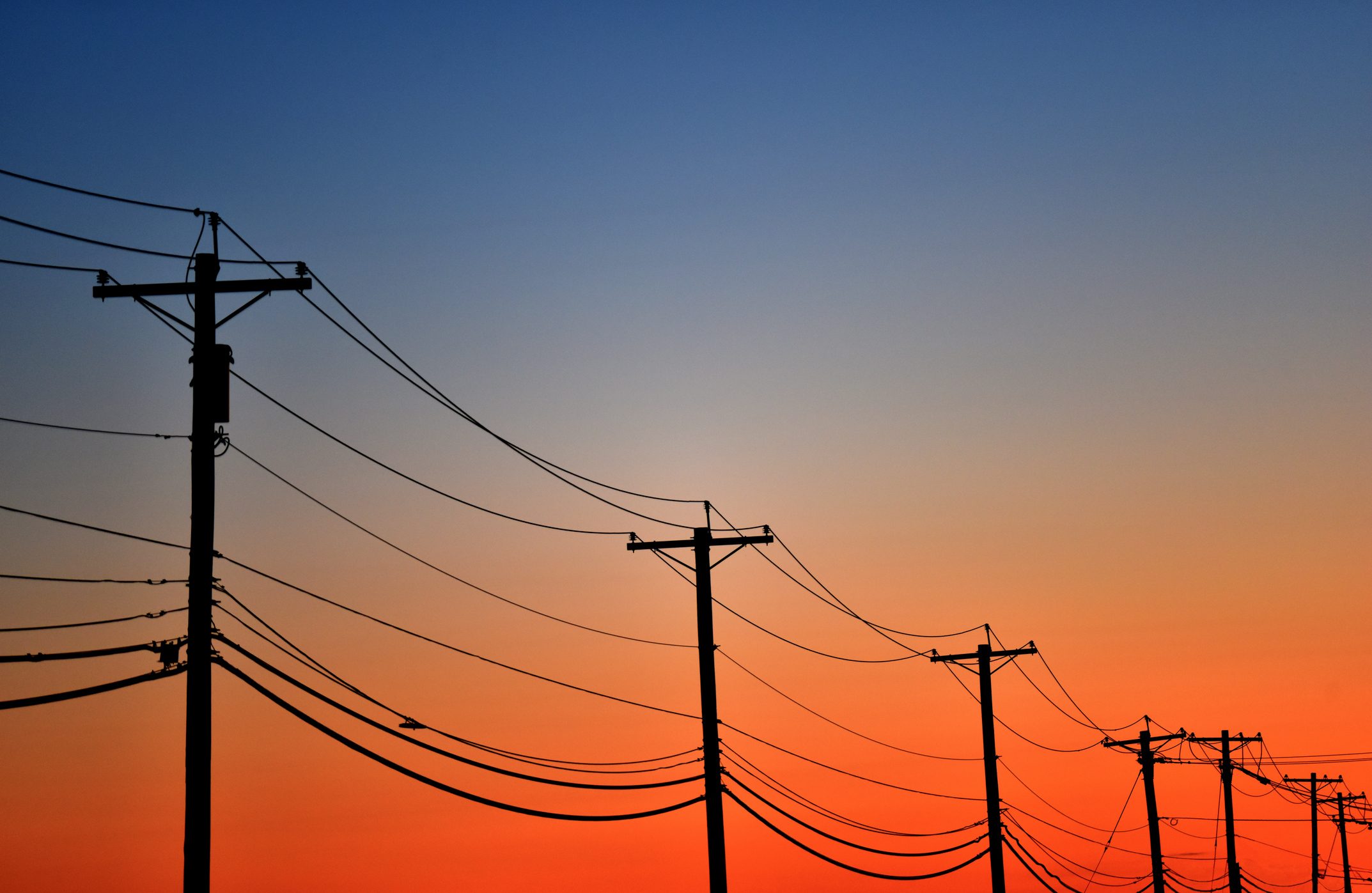
New Study: Utility Pole Access Key to Speeding Broadband Deployment Across the Country
WASHINGTON, D.C. – Amid new concerns around the spread of the Omicron variant of COVID-19, the importance of internet access is once again back in the spotlight. A new study released today by Western Carolina University Professor of Economics Edward J. Lopez and noted pole attachment expert Patricia D. Kravtin highlights the economic benefits of providing improved access to utility poles to bring high-speed broadband connectivity more quickly to unserved homes and small businesses across the country. As reflected in the report, broadband deployment today is often inhibited or outright stopped due to problematic practices of certain utility pole owners.
The study, commissioned by Connect the Future (CTF), provides an analysis of the anticipated economic gains that would be realized across the country through timely and cost-effective broadband expansion.
Lopez and Kravtin find that full achievement of broadband expansion to people across the country who still lack connectivity would create up to $314 billion of new economic gains to America’s homes and small businesses.
Existing pole policies incentivize pole owners to impose economically unfeasible rates, terms, and conditions – “holdup costs” – onto broadband providers and their customers associated with pole replacement and upkeep costs. The result is to unnecessarily delay or even entirely deny broadband providers access to poles, denying communities critical internet services they need. Lopez and Kravtin estimate that every month of delayed expansion due to existing pole attachment rules and problematic pole owner practices costs Americans nationally between $491 million and $1.86 billion in lost economic gains every month. That accounts to more than $22 billion in lost economic gains each year.
The report also includes five state-specific case studies on how inconsistent or nonexistent rules governing access to utility poles jeopardize significant economic gains for Florida, Kentucky, Missouri, Texas, and Wisconsin.
- Expanding broadband access to unserved Floridians would create from $2.25 billion up to $16.83 billion in total new economic gains to unserved Florida residents and small businesses, while every month of delayed broadband expansion due to pole owner hold-up costs Florida between $13.6 million to $99.51 million.
- Expanding broadband access to unserved Kentuckians would create from $1.57 billion up to $6.28 billion in total new economic gains to unserved Kentucky residents and small businesses, while every month of delayed broadband expansion due to pole owner hold-up costs Kentucky between $9.29 million to $37.15 million.
- Expanding broadband access to unserved Missourians would create from $3.16 billion up to $8.05 billion in total new economic gains to unserved Missouri residents and small businesses, while every month of delayed broadband expansion due to pole owner hold-up costs Missouri between $18.72 million to $47.59 million.
- Expanding broadband access to unserved Texans would create from $4.94 billion up to $28.88 billion in total new economic gains to unserved Texas residents and small businesses, while every month of delayed broadband expansion due to pole owner hold-up costs Texas between $29.2 million to $170.7 million.
- Expanding broadband access to unserved Wisconsinites would create from $3.82 billion up to $5.25 billion in total new economic gains to unserved Wisconsin residents and small businesses, while every month of delayed broadband expansion due to pole owner hold-up costs Wisconsin between $22.60 million to $31.04 million.
“Professor Edward J. Lopez and Patricia Kravtin’s new report makes clear that as our country continues to invest public and private dollars into expanding broadband access, policymakers must take immediate action to ensure that these investments are maximized for impact to bring connectivity to rural communities without delay – and this includes reforming outdated and ineffective pole attachment rules,” said Zach Cikanek, Executive Director of Connect the Future. “Policymakers can do this by guaranteeing a faster, fairer process for utility pole access, replacements, and dispute resolution to speed the construction of broadband infrastructure so we can more quickly achieve 100% connectivity across our country.”
The full study can be found here: https://dev-connectthefuturecom.pantheonsite.io/advancing-pole-attachment-policies-to-accelerate-national-broadband-buildout/